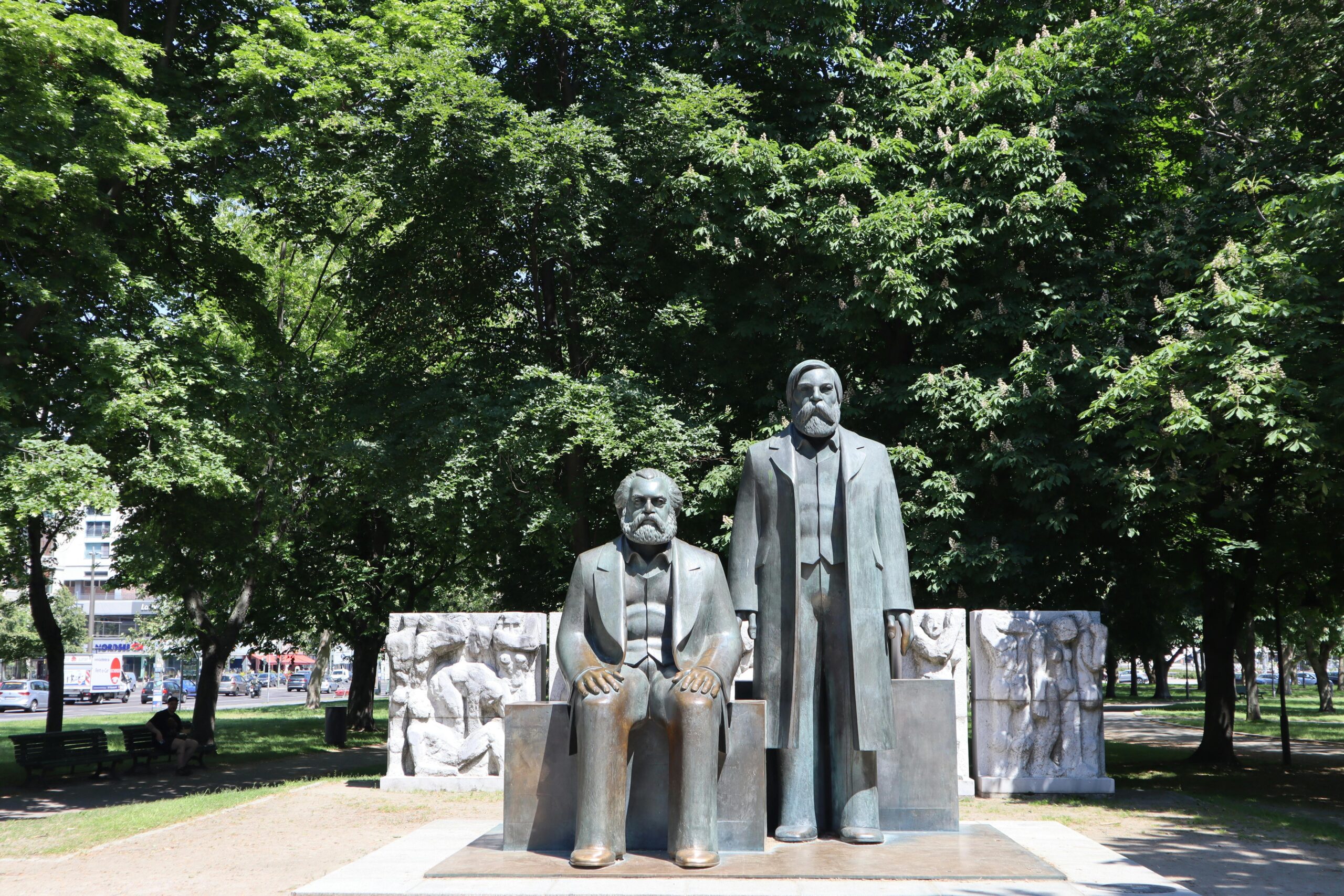What if capitalism wasn’t just an economic system—but a moral ideal? What if the free market wasn’t merely efficient, but also the only system consistent with human nature, individual rights, and rational ethics?
In Capitalism: The Unknown Ideal, Ayn Rand makes precisely this claim. Through a collection of essays—some her own, others by her close intellectual collaborators—she argues that true capitalism has never fully existed, and that its moral and practical defense has been woefully misunderstood or neglected.
This blog post explores the key themes of the book, how Rand defines capitalism, and why she considers it both economically productive and morally superior to all other systems.
📚 Overview of the Book
Capitalism: The Unknown Ideal is not a single narrative but a compilation of essays written primarily in the 1960s. It includes:
- Rand’s philosophical essays on capitalism and morality
- Contributions from economist Alan Greenspan (before his Fed Chair days)
- Essays by psychologist Nathaniel Branden and historian Robert Hessen
The essays range from abstract moral philosophy to critiques of contemporary political events, economic policies, and misconceptions about capitalism.
🧱 Foundational Premise: Capitalism as a Moral System
Unlike most defenders of capitalism who argue from economic utility, Rand roots her defense in moral philosophy. Drawing from her philosophy of Objectivism, she claims that capitalism is the only system consistent with:
- Man’s nature as a rational being
- The right to life, liberty, property, and the pursuit of happiness
- Voluntary exchange and freedom of association
She defines capitalism as:
“A social system based on the recognition of individual rights, including property rights, in which all property is privately owned.”
Importantly, she distinguishes capitalism as it ought to be (laissez-faire capitalism) from the mixed economies of the 20th century, which she believes represent a slow drift toward collectivism and statism.
🧠 Reason and Individualism: The Core Values
Rand’s defense begins not with economics, but with epistemology and ethics. She argues:
- Human beings survive and flourish by the use of reason.
- Reason can only function under conditions of freedom.
- Capitalism is the only system that respects and protects reason by safeguarding individual rights.
In contrast, collectivist or statist systems rely on coercion, which suppresses rational thought and innovation. The morality of capitalism, for Rand, lies in the fact that it is non-sacrificial: no one is forced to live for others, nor to have others live for them.
🔄 Voluntary Exchange and the Role of Self-Interest
Rand rejects the common view that capitalism is “based on greed.” Instead, she reframes the profit motive and voluntary trade as moral:
- Rational self-interest is the highest moral purpose of life.
- The trader principle (giving value for value) is the ethical foundation of human interaction.
- Wealth created through voluntary trade and innovation is moral, while wealth acquired by force or political pull is immoral.
She argues that capitalism channels human energy into productive work and rewards ability, creativity, and merit—unlike collectivist systems, which reward need or political connections.
🏛️ The Proper Role of Government
One of Rand’s key distinctions is between economic power and political power:
- Economic power means the ability to offer values (products, jobs, services) through voluntary exchange.
- Political power is the power to use coercion, often through laws or force.
Rand insists the only legitimate function of government is to protect individual rights through:
- A military (to protect against foreign aggression)
- A police force (to protect against criminals)
- A judiciary (to resolve disputes)
Beyond that, government should not interfere in markets, regulate industries, or redistribute wealth. Every step beyond this, she argues, opens the door to tyranny by degrees.
⚠️ The Attack on Capitalism: Myths and Misunderstandings
Several essays take aim at common critiques of capitalism:
- Monopolies and Market Failure
Rand and Greenspan argue that monopolies, when not protected by government, are often temporary and subject to market forces. They assert that most monopolies blamed on capitalism are in fact the result of government favoritism. - The Robber Baron Myth
The “robber barons” of the 19th century are, in Rand’s view, misunderstood. Many were productive innovators who advanced technology, transportation, and standards of living—not villains. - The Mixed Economy Dilemma
Rand criticizes the rise of “mixed economies,” where capitalism is blended with government intervention. She views these as unstable hybrids that lead gradually to greater statism. - Altruism as a Weapon
Perhaps her most controversial claim is that altruism (the doctrine of self-sacrifice) is fundamentally opposed to capitalism. She believes the moral root of anti-capitalist sentiment lies in the idea that placing others’ needs above your own is inherently virtuous. In her view, this undermines the ethical foundation of freedom.
📝 Highlights from Contributors
🧠 Nathaniel Branden
Branden explores the psychological effects of collectivism versus capitalism, especially on self-esteem and the concept of self. He emphasizes how freedom supports mental health, ambition, and personal development.
📈 Alan Greenspan
In essays like “Gold and Economic Freedom,” Greenspan defends the gold standard and warns about the dangers of inflationary policies and central banking. Ironically, this was decades before he became chairman of the Federal Reserve.
🏛️ Robert Hessen
Hessen provides historical context, defending corporations and big business as morally legitimate extensions of the right to property and contract.
💥 Modern Relevance: Why It Still Matters
Though written in the 1960s, Capitalism: The Unknown Ideal remains relevant today:
- Debates about regulation, cronyism, and the role of tech giants echo Rand’s themes.
- Discussions about individual rights versus collective goals remain front and center in modern politics.
- The tension between economic liberty and government intervention continues to define ideological divides worldwide.
Whether you agree with her or not, Rand’s work challenges you to think deeply about the moral foundations of capitalism—not just its outcomes.
📌 Key Takeaways
- Capitalism is not just efficient—it is the only system morally consistent with human nature and individual rights.
- True capitalism means laissez-faire, with no government interference in markets.
- Voluntary exchange and rational self-interest are moral.
- Government’s only role is to protect rights—not manage the economy.
- Altruism and collectivism are morally and practically dangerous when used to undermine freedom.
🧭 Final Thoughts: The Ideal Yet Unknown
In Capitalism: The Unknown Ideal, Ayn Rand doesn’t merely defend capitalism as a practical necessity—she elevates it to a philosophical and moral ideal. She calls for a radical rethinking of ethics, politics, and economics, grounded in reason, individualism, and freedom.
While her ideas are polarizing, they are undeniably influential. For anyone interested in moral philosophy, political economy, or the future of freedom, this book is essential reading.
Whether you find yourself nodding in agreement or shouting in protest, one thing is clear: Ayn Rand refuses to let capitalism be misunderstood.



